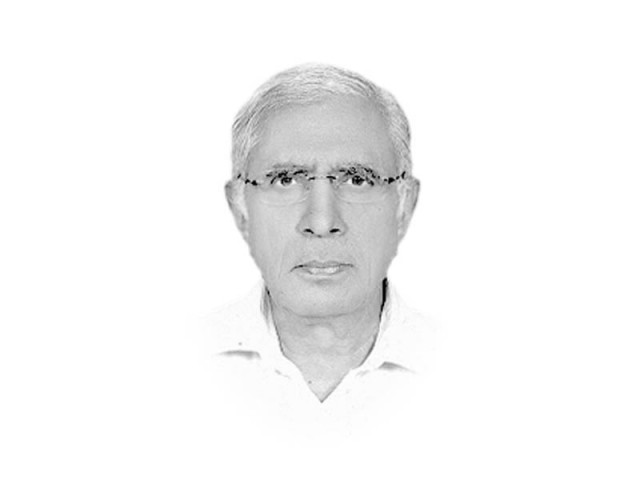Lessons from the first Afghan war
Afghans, Pakistanis find it difficult to keep border that separates their countries from being obliterated by Taliban.

There are many stories about the ‘how and why’ of the Taliban’s emergence. I have one more. The source: one of the special assistants (SA) to former prime minister Benazir Bhutto in her second term. The then US-roving ambassador, Richard Armitage, arrived in Islamabad one fine morning to discuss a ‘political plan’ for Afghanistan. The SA met him on behalf of the then government. Armitage told him: let us help the Afghans in setting up a radical Sunni state to prevent Iran from carrying out its threat to export its brand of Islamic revolution. Stunned the SA tried to dissuade Armitage from pursuing the plan arguing that it would unleash a new wave of bloody clashes by pitting the Shia and Sunni sects in Pakistan and Afghanistan against each other, but to no avail. The Saudis naturally put their ‘Islamic’ weight behind the US plan.
Our security agencies went about implementing the plan with the zeal of a new convert and by the time the Taliban were fighting the Northern Alliance, we had committed a vast amount of our money and hundreds of men, in uniform and out of uniform, to this front. In a meeting very late in her truncated tenure, after which she did not last long, prime minister Bhutto took the position that Pakistan should stop its military involvement in Afghanistan forthwith because in her opinion, those kinds of hegemonic games “only super powers can play”. But the meeting voted in favour of a delusional Lt General (retd) Nasim Rana, the then ISI chief, thanks largely to then president Farooq Leghari.
Now, let us see if there are any further lessons for both the US and Pakistan in the events immediately following the withdrawal of the Soviet troops from Afghanistan. Joseph J Collins, professor at National War College, National Defence University, in his statement before the House Armed Forces Committee, Oversight and Investigation Subcommittee on July 12, 2012, listed five key elements of the Soviet transition describing them as highly effective and successful: a clear transition plan with military, foreign aid, and diplomacy generally pulling in the same direction; a reinvigorated host government with effective — if not at times brutal — leadership; improved relations between Kabul, local power centres, and tribal militia; a stronger, more cohesive Afghan government fighting force and; up to the demise of the Soviet Union in December 1991, a reliable and generous source of foreign aid.
Indeed, the Najibullah regime in Kabul collapsed after three full years following the withdrawal of foreign troops and only after supplies of arms and money stopped when the Soviet Union disintegrated. And as the US walked away even before the war ended, cutting off all its aid to both the Mujahideen and Pakistan (in our case because we had crossed the nuclear red line) Islamabad entered the scene with hegemonic ambitions but without having the means to achieve the objective. The result — the bloody mess that we see in the two countries today. One only hopes that despite its current deep financial crises, the US would not abandon Afghanistan after 2014 and try to follow a transition strategy based on elements, if not identical, at least similar to the five key elements that the Soviets employed during its transition. And Pakistan on its part would hopefully shun the temptation of putting a puppet in Kabul and work instead with the regional countries, especially India, to help stabilise and secure an independent Afghanistan.
Published in The Express Tribune, November 21st, 2012.















COMMENTS
Comments are moderated and generally will be posted if they are on-topic and not abusive.
For more information, please see our Comments FAQ